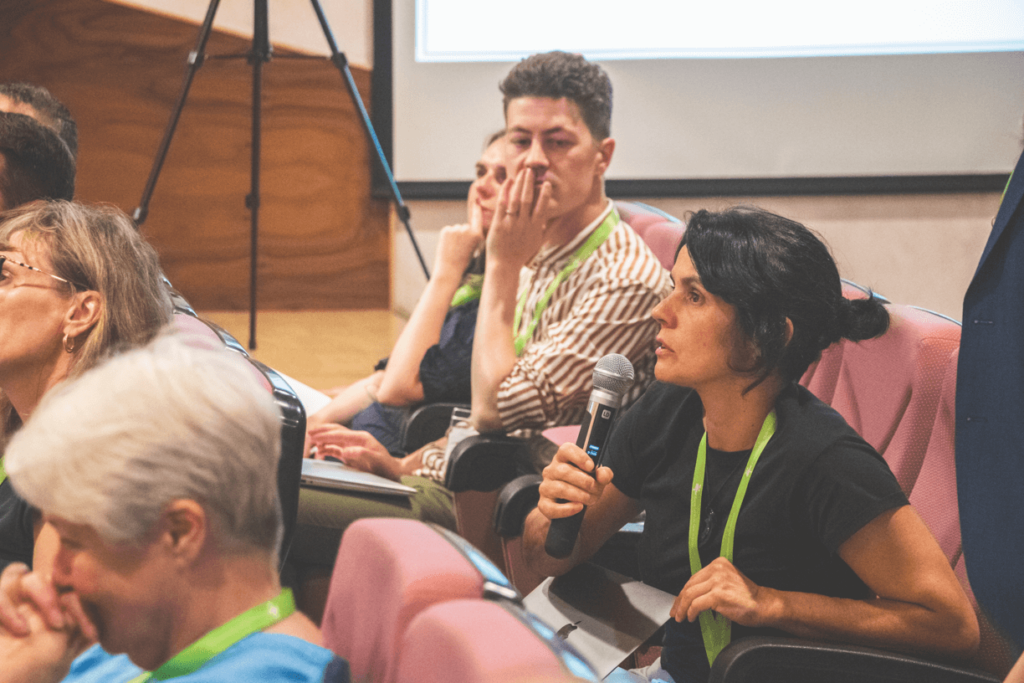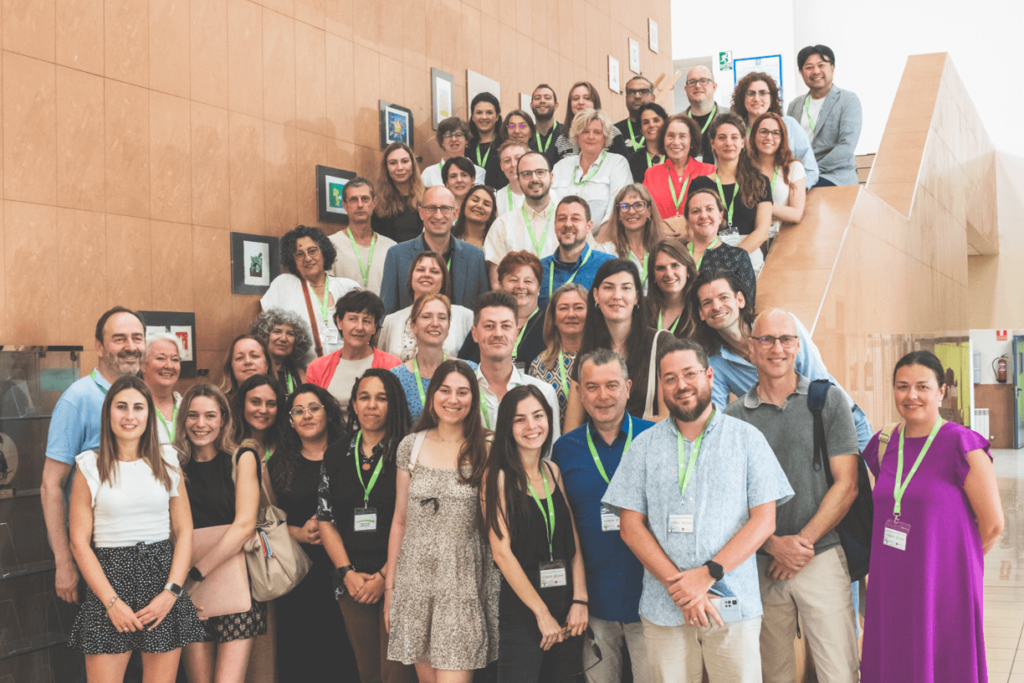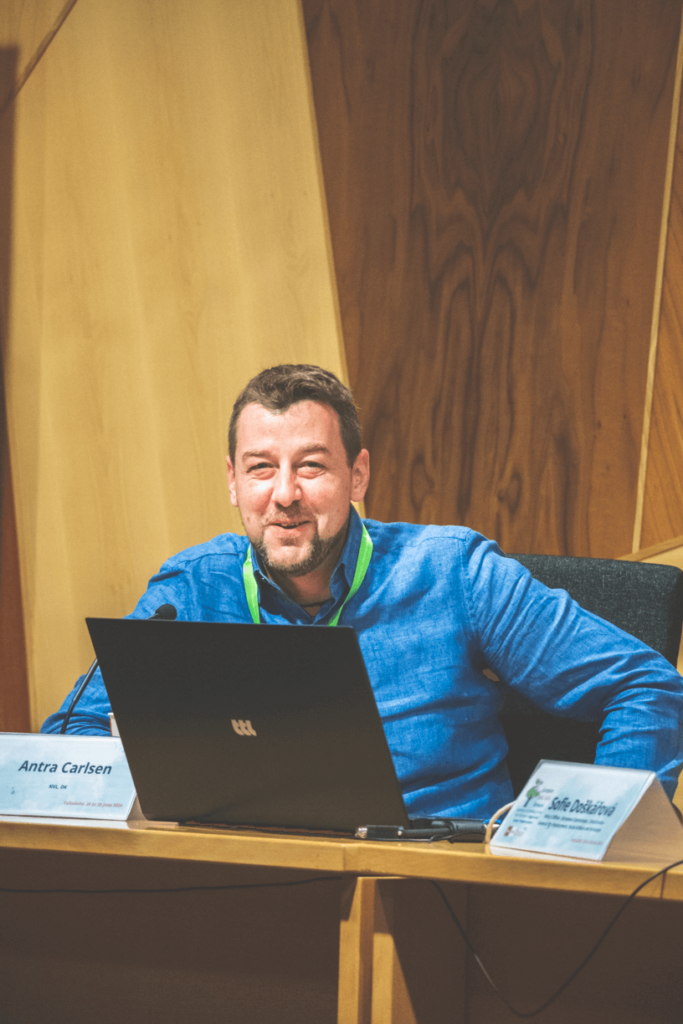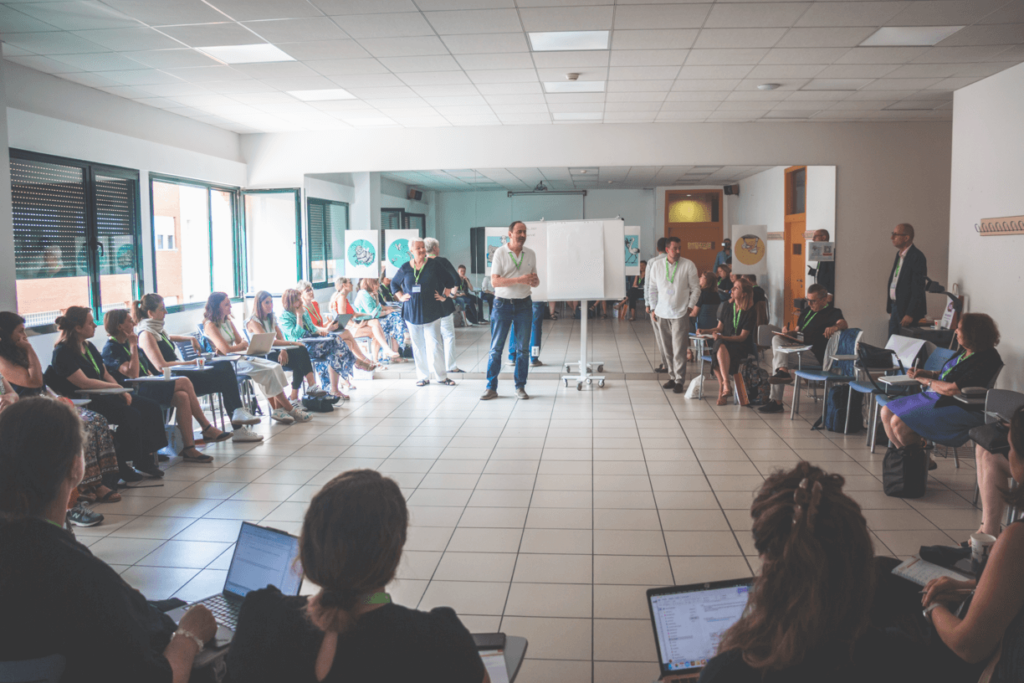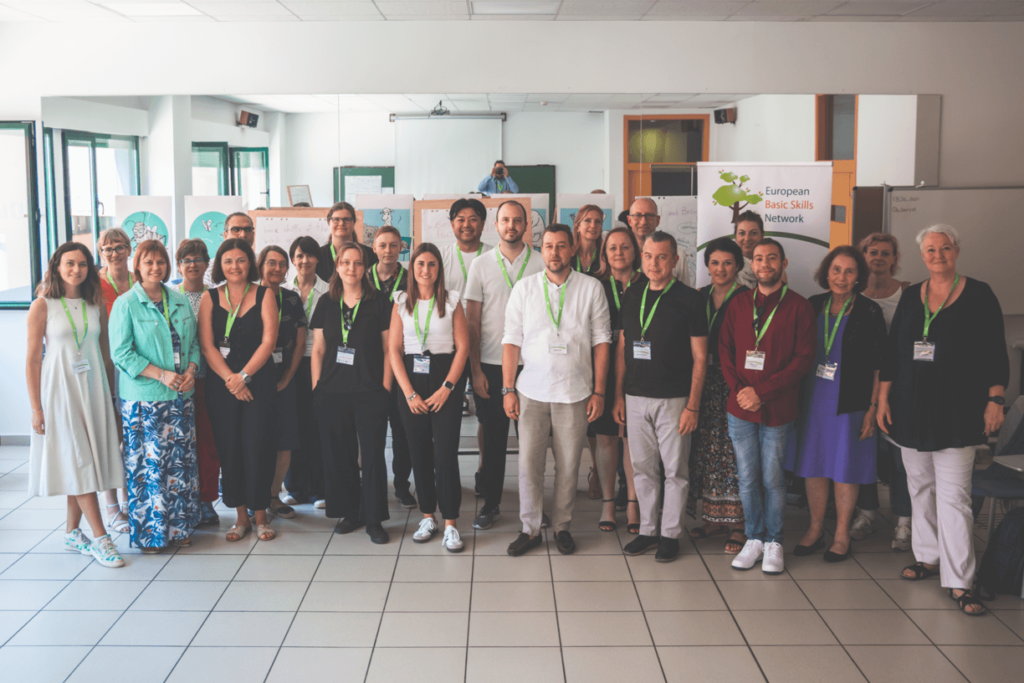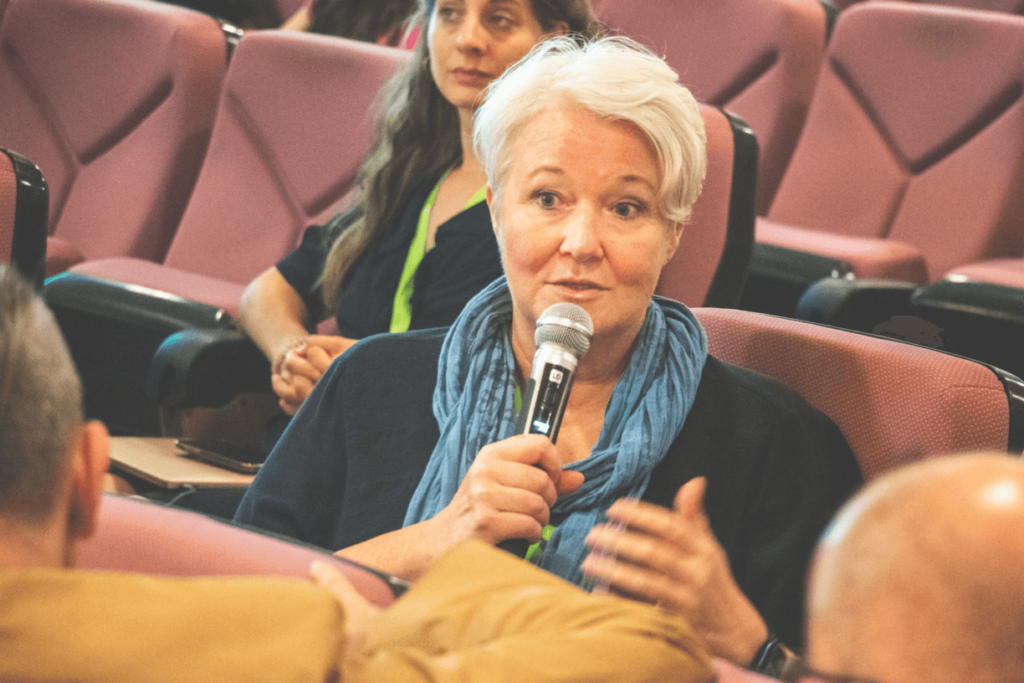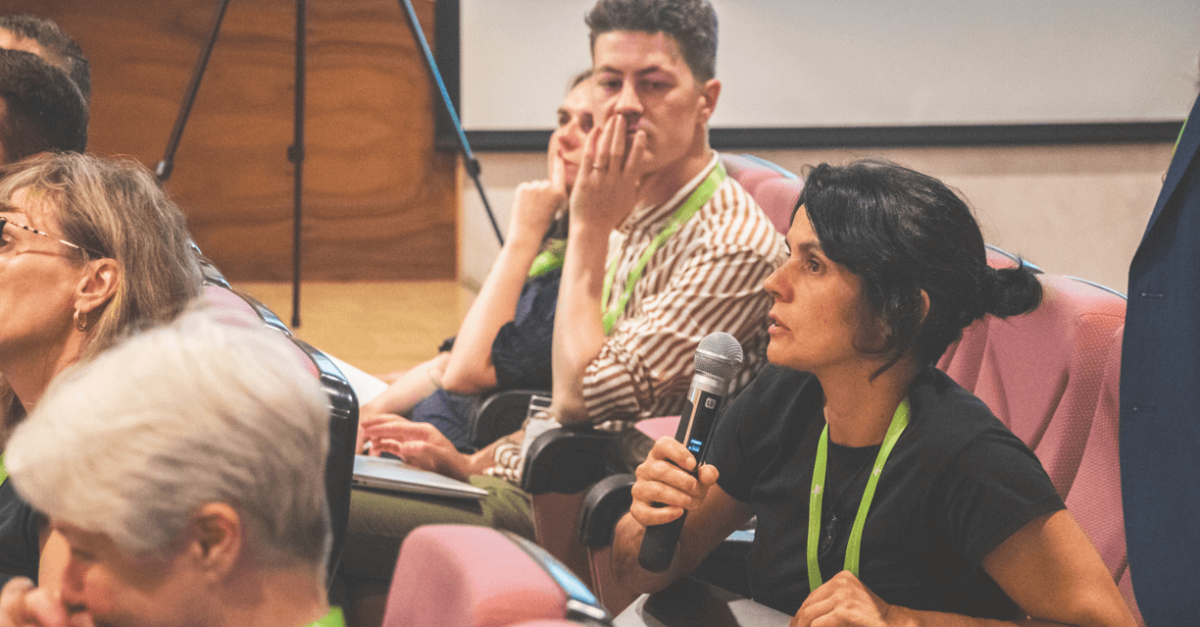At the end of June, the annual meeting of the European Basic Skills Network took place in Spain. The topic: Up- and Reskilling for the Twin Transition. Inputs ranged from microcredentials to AI to self-organised writing groups.
Report: Cäcilia Märki
For this year’s conference “Upskilling and Reskilling for the ‘Twin Transition’: Digital and Green Transformation” organised by the European Basic Skills Network EBSN, more than 50 participants travelled to Valladolid/Spain. The event was hosted by the Faculty of Education and Social Work at the University of Valladolid, one of the oldest universities in Spain with 800 years of tradition. Swiss organisations were strongly represented with seven participants.
Open Space for Basic Skills
The conference kicked off for the first time on 25 June with a networking event in the form of an open space. As moderator of the event, I am delighted that the format worked so well and led to intensive professional discussions: “Bumble Bees” introduced topics such as microcedentials, open educational resources, artificial intelligence and workplace learning, professionalisation in the field of tension between first and second languages, informal learning in the context of self-organised writing groups. Participants will be organised in different groups and follow up on these issues. An EBSN café in September will provide an opportunity to inform about the activities.
Some highlights of the conference
At this point, I would like to highlight a few of the presentations:
- Luis Carro, University of Valladolid in Spain, gave a lecture on the European model of learning as a guide for the recognition of transversal competences. He paid particular attention to the recognition of informally acquired competences.
- Emil Shriver, Nordic Network for Adult Learning, presented the NVL project on Digital Inclusion. In the presentation you will find recommendations on Digital Inclusion and access to a Digital Toolkit.
- Raquel Amaro, Nova University Lisbon: The iRead4Skills project is developing an open-access intelligent system that assesses the complexity of texts and suggests appropriate reading according to users’ level of knowledge, and supports trainers and text producers in creating or adapting texts with an appropriate level of complexity.
All presentations and many photos are available on the EBSN website.
More informations
